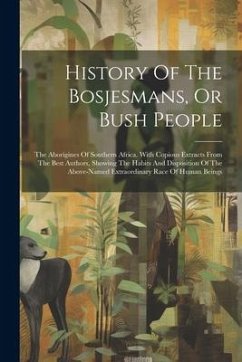
The Ghetto in Global History
1500 to the Present
Herausgeber: Goldman, Wendy Z; Trotter Jr, Joe William
Versandkostenfrei!
Versandfertig in über 4 Wochen
66,99 €
inkl. MwSt.

PAYBACK Punkte
33 °P sammeln!
As a concept, policy, and experience, the ghetto has served to maintain social, religious, and racial hierarchies over the past five centuries. The volume is structured around four main case studies, covering the first ghettos created for Jews in early modern Europe, the Nazi use of ghettos, the enclosure of African Americans in segregated areas in the U.S., and the extreme segregation of blacks in South Africa. Geographically and chronologically wide-ranging, The Ghetto in Global History will prove indispensable reading for all those interested in the history of spatial segregation, power dyn...
As a concept, policy, and experience, the ghetto has served to maintain social, religious, and racial hierarchies over the past five centuries. The volume is structured around four main case studies, covering the first ghettos created for Jews in early modern Europe, the Nazi use of ghettos, the enclosure of African Americans in segregated areas in the U.S., and the extreme segregation of blacks in South Africa. Geographically and chronologically wide-ranging, The Ghetto in Global History will prove indispensable reading for all those interested in the history of spatial segregation, power dynamics, and racial and religious relations across the globe.














